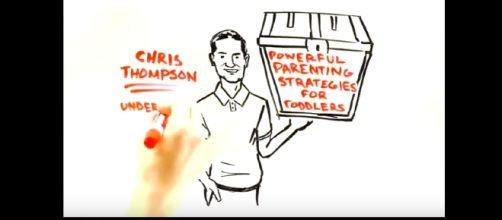The Oedipus Attachment is known to be the feeling of affection and devotion of a Child to the opposite sex parent in the form of romantic attachment. It is nature’s way of molding children’s feeling in preparation for adulthood; as a wife and mother or husband and father. This attachment is not expected to become very strong and go far into adulthood or even through childhood. Naturally, at about six or seven years of age, a child is expected to give up the desire of having the opposite sex parent all to him or herself. Children unconsciously become afraid of their parent’s supposed anger and genital differences which will turn their pleasure in dreaming about romance into an aversion and make them shy away from kissing parents of the opposite sex.
Resolution of Oedipus complex
According to SRDC Org, this is a stage when children have outgrown the feeling of romantic attachment to the opposite sex parent and as a result, their attention is shifted to other things like school work, science, games or computers. They now try more to be like other children of their own sex, not so much like their parents. The previous childish devotion and attachment to parents of the opposite sex have served the purpose of molding the child into the kind of adult he or she would be.
How parents can help their children through the romantic stage
- Fathers’ role in the romantic stage: if a father notices that his son has a resentful or fearful feeling towards him, he cannot help the boy by trying to be too gentle or pretending he does not really love his wife. This will create more problems because if the boy notices that his father is afraid to be a firm father and possessive of his wife, he will begin to think he has taken too much control of his mother, which will make him feel guilty and frightened. He needs the inspiration of a confident father and a possessive husband of his mother in other to develop his own self-confidence.
- The father should make his son understand that his wife belongs to him and he cannot have his mother to himself. Most times a boy may play out of the feeling of jealousy and become rude to his mother because she is the cause of his jealousy, or strongly resent his father because he feels jealous. At this point, both parents should insist on politeness from the boy.
- Mother’s role in the romantic stage: When a mother notices that her daughter is jealous of her because of her closeness or attachment to her husband, she should help her daughter grow up by maintaining her ground by showing affection to her husband and being a self-confident mother who cannot be pushed around. She should prove to her daughter that she knows how to be firm and devoted to her husband. A mother should also not be more sympathetic or affectionate towards her son than her husband. Doing this may complicate life for the boy and make him distant from his father.
- Role of both parents in the romantic stage: Father and mother should gently let their children know that they belong to each other. A boy cannot have his mother all to himself and neither can a girl have her father to herself. Most times parents realize that their children are mad at them for taking a position and standing firm. For instance, when parents are having a conversation, they should not let any of their children break up their conversation but gently remind them that they have an important thing to talk over and suggest they should also get busy themselves.
Parents should let their children know how deeply in love they are with each other, they don’t need to spring apart showing guilt when their children suddenly come into their room while they are hugging and kissing. Their tactfulness in displaying the affection and devotion to each other will keep their children from a prolonged romantic attachment to the opposite sex.


